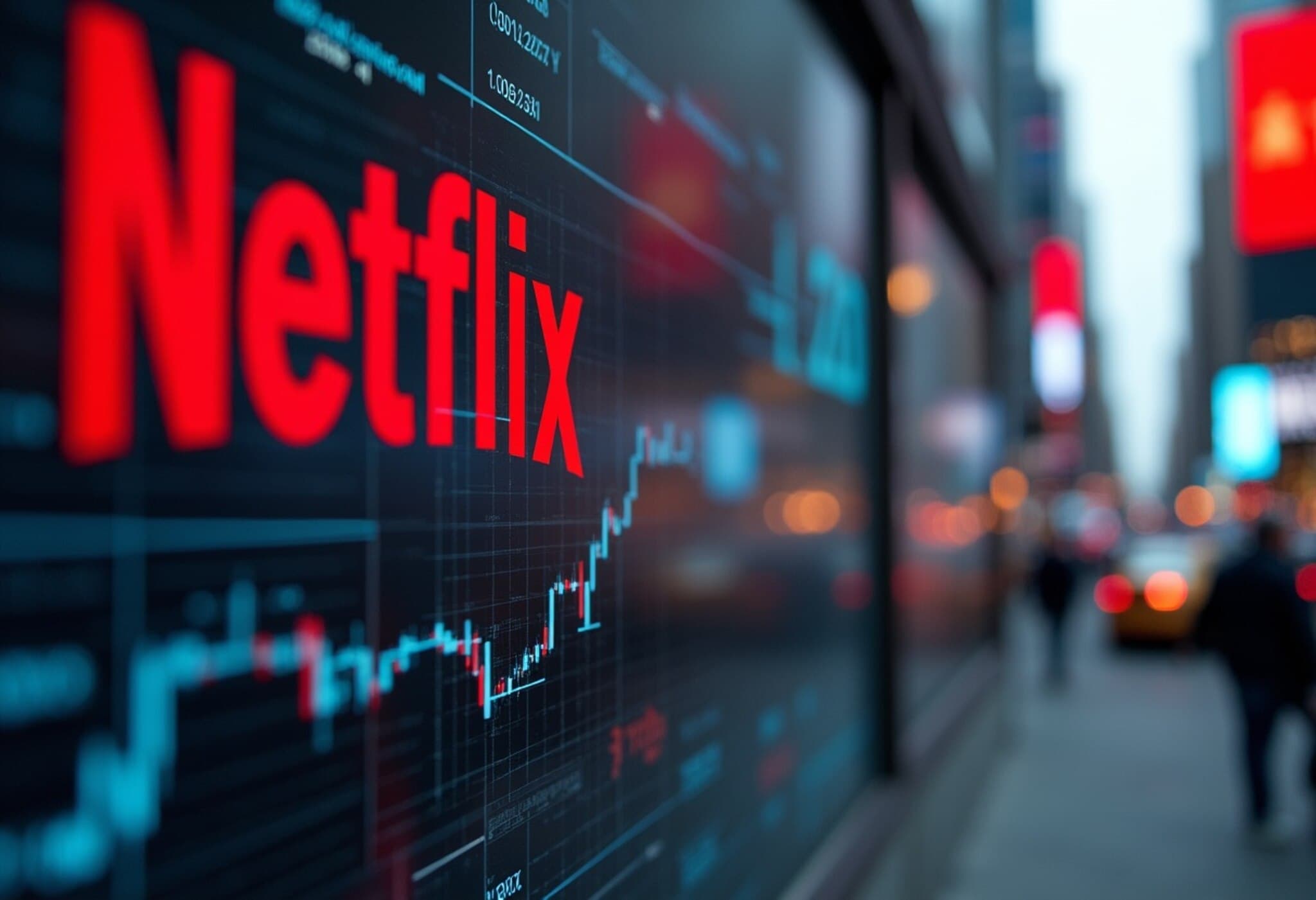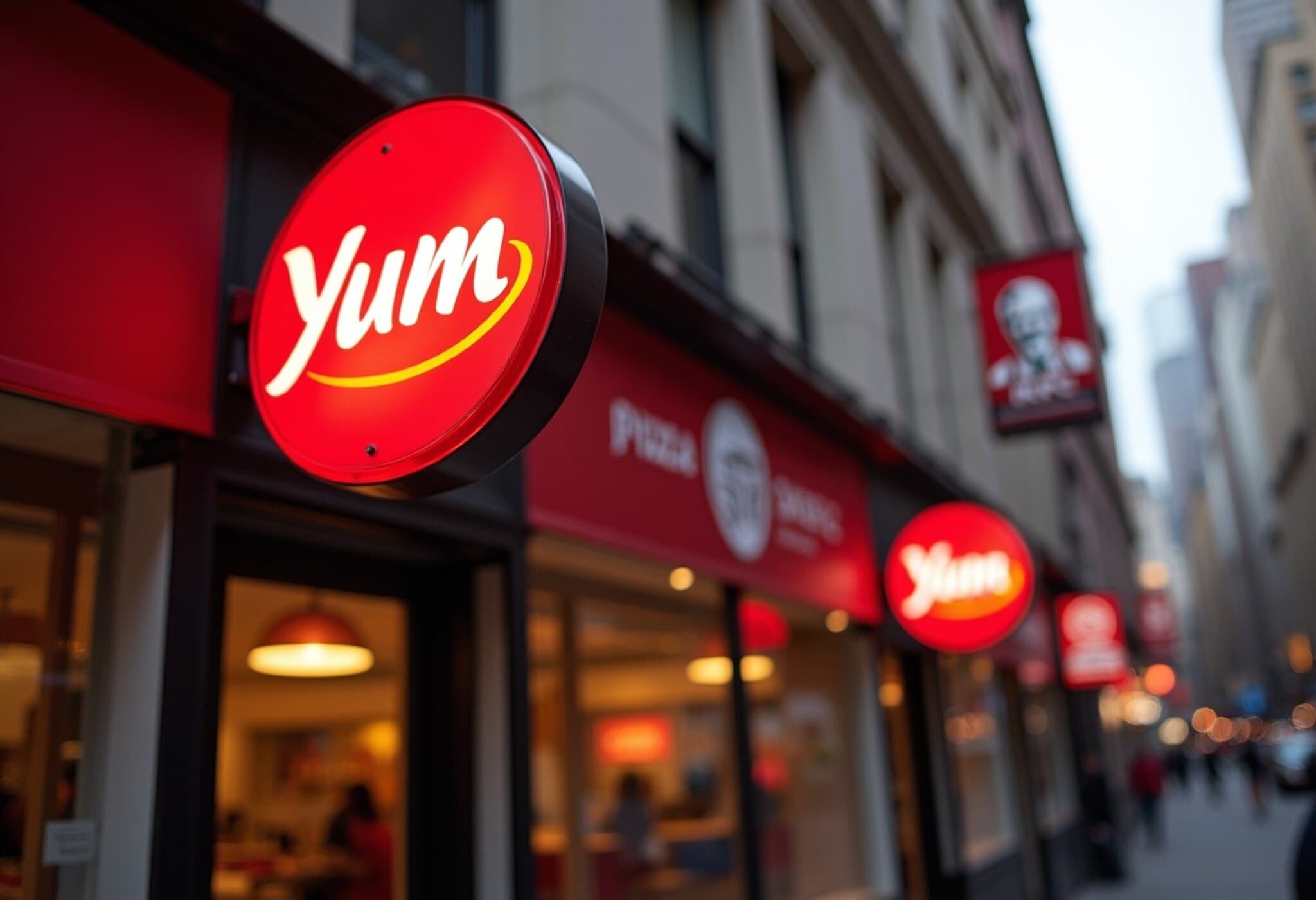Coca-Cola Exceeds Wall Street Forecasts in Q2 Amid Mixed Global Markets
On July 22, 2025, The Coca-Cola Company unveiled its second-quarter earnings, surpassing analysts' predictions thanks to resilient demand in European markets, which helped offset softer performance elsewhere. This dynamic highlights the beverage giant’s continued global prominence even as regional disparities persist.
Strong Financial Performance Beats Expectations
Coca-Cola reported adjusted earnings per share (EPS) of 87 cents, outpacing the Wall Street consensus of 83 cents. Revenue also edged higher than anticipated, with adjusted net sales of $12.62 billion versus the expected $12.54 billion.
More broadly, the company posted a net income attributable to shareholders of $3.81 billion, or 88 cents per share, a significant leap from $2.41 billion, or 56 cents per share, recorded during the same quarter last year. Excluding one-time charges such as asset impairments and restructuring costs, Coca-Cola’s performance reflects operational strength amidst evolving consumer trends.
Europe's Role in Sustaining Growth
Industry observers note that European markets have played a pivotal role in buoying Coca-Cola’s earnings. While sales volume declined in other regions, Europe’s strong demand for Coca-Cola’s diversified portfolio of beverages — including healthier options — helped maintain overall revenue momentum. This resilience underscores how localized strategies can mitigate broader global volatility.
Updated 2025 Outlook and Strategic Implications
Following this quarter’s results, Coca-Cola has refined its full-year guidance. The company now projects comparable EPS growth at the upper limit of its prior forecast, narrowing it to approximately 3%. Simultaneously, it reaffirmed its organic revenue growth forecast, anticipating a 5% to 6% increase for 2025.
Experts suggest that these projections reflect a careful balance between optimism fueled by strong market segments and caution amidst ongoing macroeconomic uncertainties, such as inflationary pressures and shifting consumer spending habits.
What This Means for Investors and the Beverage Industry
- Investor confidence: The beat on earnings and revenue bolsters Coca-Cola's stock appeal, evidenced by a modest 1% rise in premarket trading.
- Regional focus: The company’s ability to offset weak volumes in some areas with robust European sales demonstrates a nimble and regionally tailored growth approach.
- Product diversification: Emphasis on a broad beverage lineup, including low-sugar and premium products, aligns with evolving consumer preferences for health-conscious options.
Expert Commentary: Beyond the Numbers
From a policy and economic perspective, Coca-Cola's results also hint at larger trends in global consumer markets. The beverage giant’s sustained growth in Europe may reflect stronger economic recovery and consumer confidence there compared to more sluggish regions. Moreover, their narrowed yet optimistic forecast suggests companies remain vigilant toward inflationary risks and supply chain disruptions.
In the U.S., shifting regulations around sugar taxes and marketing to younger consumers could affect future sales strategies. Coca-Cola’s ongoing innovation pipeline and commitment to sustainable practices could prove critical in maintaining brand loyalty and market share.
Looking Ahead: Key Questions
While Coca-Cola’s Q2 results pleased investors, several unanswered questions remain:
- How will Coca-Cola adapt to persistent economic headwinds in less resilient markets?
- What role will health-oriented product expansion play in sustaining long-term growth?
- Can the company leverage sustainability initiatives to deepen customer engagement and regulatory goodwill?
Addressing these will be crucial as Coca-Cola navigates an increasingly complex global landscape.
Editor’s Note
Coca-Cola’s latest earnings showcase the intricate balance multinational corporations must strike amid uneven regional demand and shifting consumer preferences. While strong European sales have buoyed this quarter, the underlying challenges in other markets underscore the necessity for agile, localized strategies. For investors and policy watchers alike, Coca-Cola offers a window into how legacy brands evolve in an era of economic flux and growing emphasis on health and sustainability.















